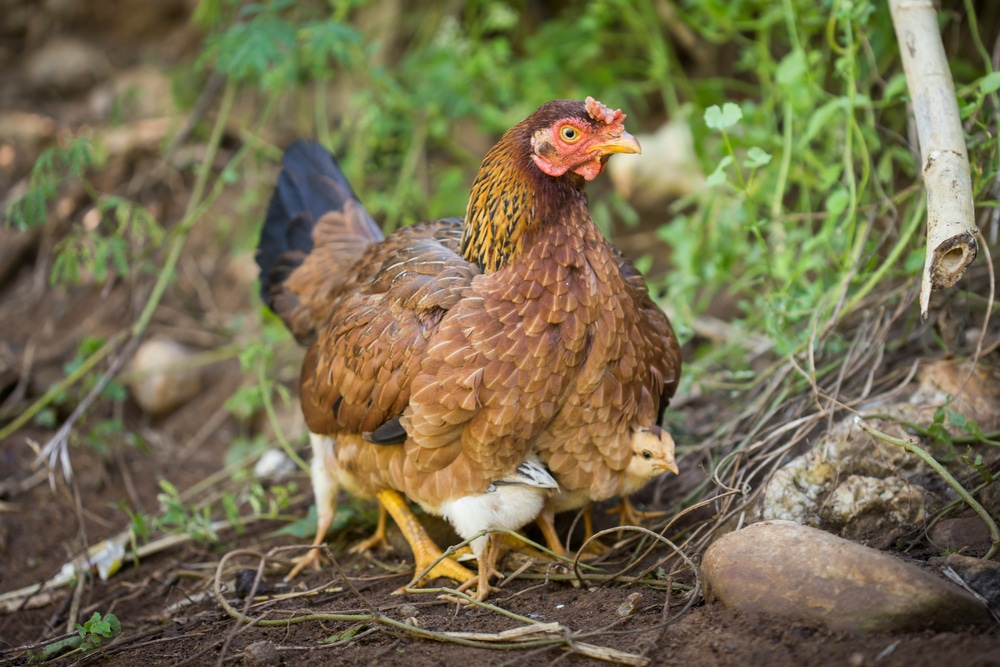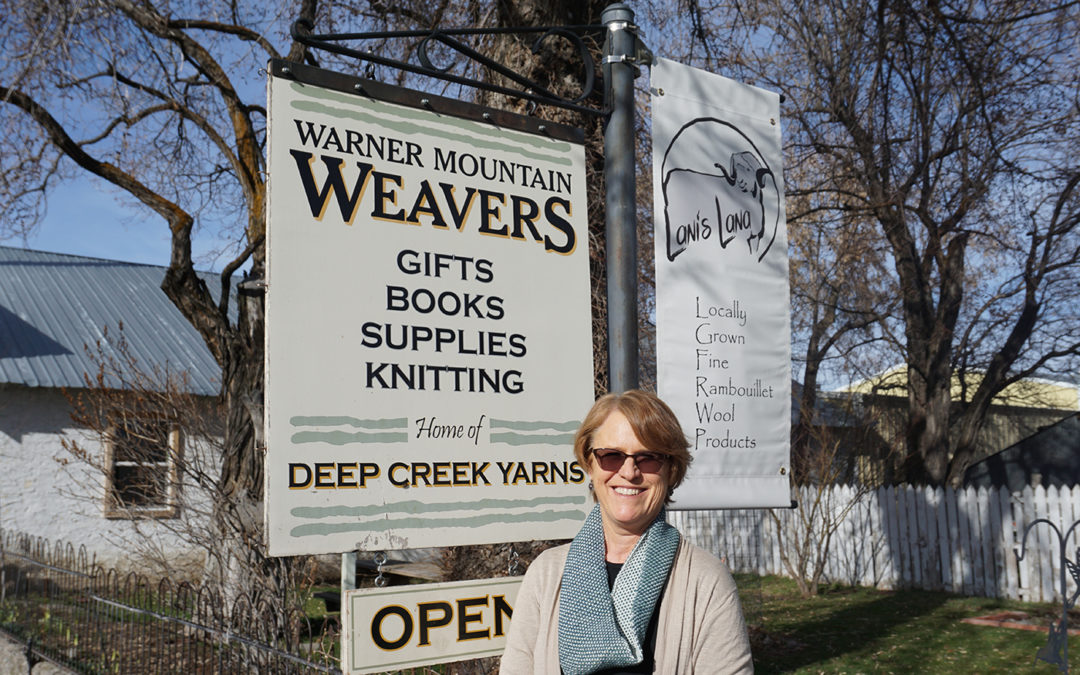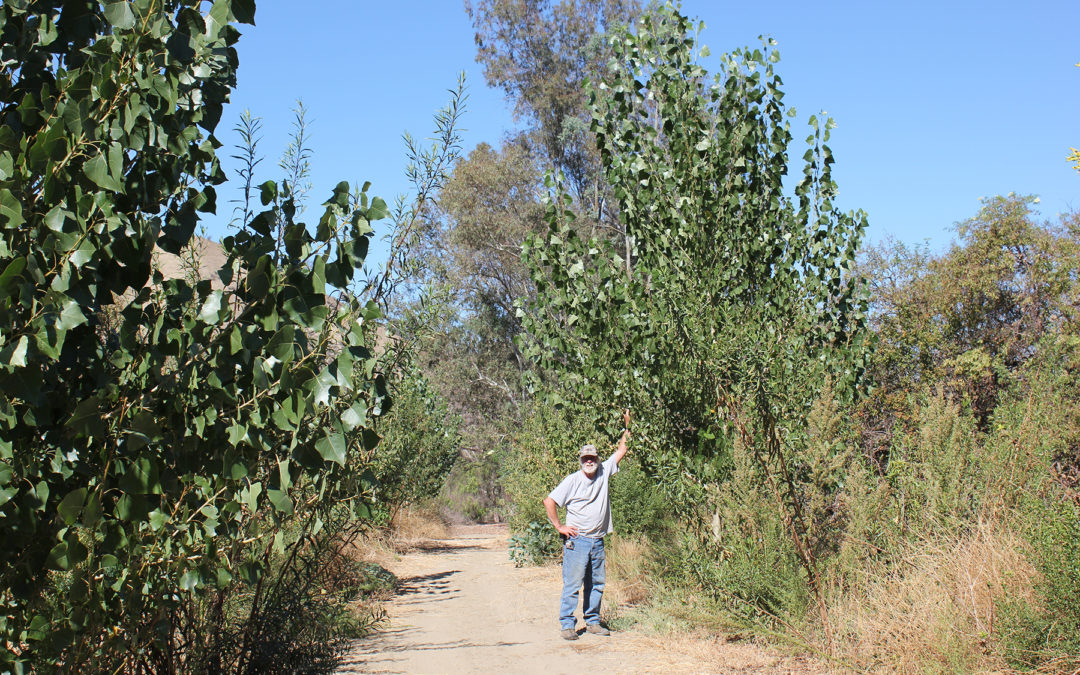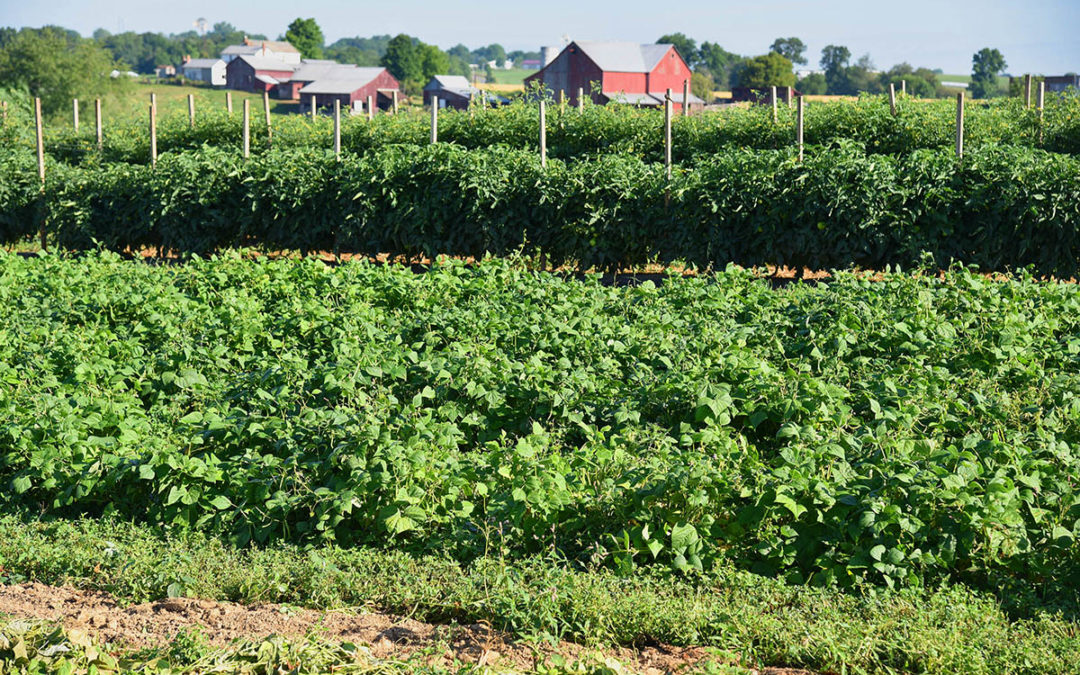
10 Keys for Small Farm Success
As one considers what to do to make a living on such a two-acre parcel, there are major factors to consider, a screen through which one’s dreams must pass.

As one considers what to do to make a living on such a two-acre parcel, there are major factors to consider, a screen through which one’s dreams must pass.

The best way for a consumer to know that an egg is farm-fresh is to buy it from the farmer.

The Estill family farm, Bare Ranch, is home to the flock of Rambouillet sheep that produce the wool featured in Lani’s Lana products.

Wild Farm Alliance reports that 37 percent of the Earth’s land is dedicated to agriculture, making farmland a top priority for Earth regeneration and wildlife conservation. While they assist farmers, they also connect with them for the purpose of learning from them. And that’s valuable to farmers, because we have to be careful that non-farming certifiers and agricultural advisors do not become too distant from farming itself. Often farmers are the ones on the forefront of continual discovery and innovation by being constantly engaged in their operations.

A short 50 years ago, 90 percent of Amish families in North America were farmers. They lived and retired on the income from their small family farms. Today, less than 10 percent farm for a living. This transition from farming to other occupations is cause for concern — even alarm — within the community. The further we stray from our agricultural heritage, the more we acquire the social ills of the world around us.

There are so many reasons why we should begin to learn more about edible wild mushrooms. They are often overlooked as both food and medicine, but can be such an important source of both. They grow wild, but can easily be grown around the homestead as a viable source of food in an edible permaculture setting.